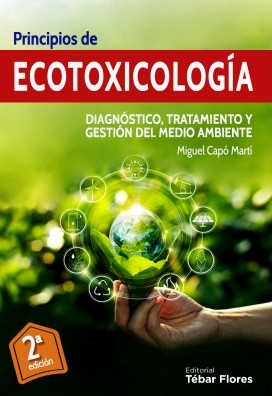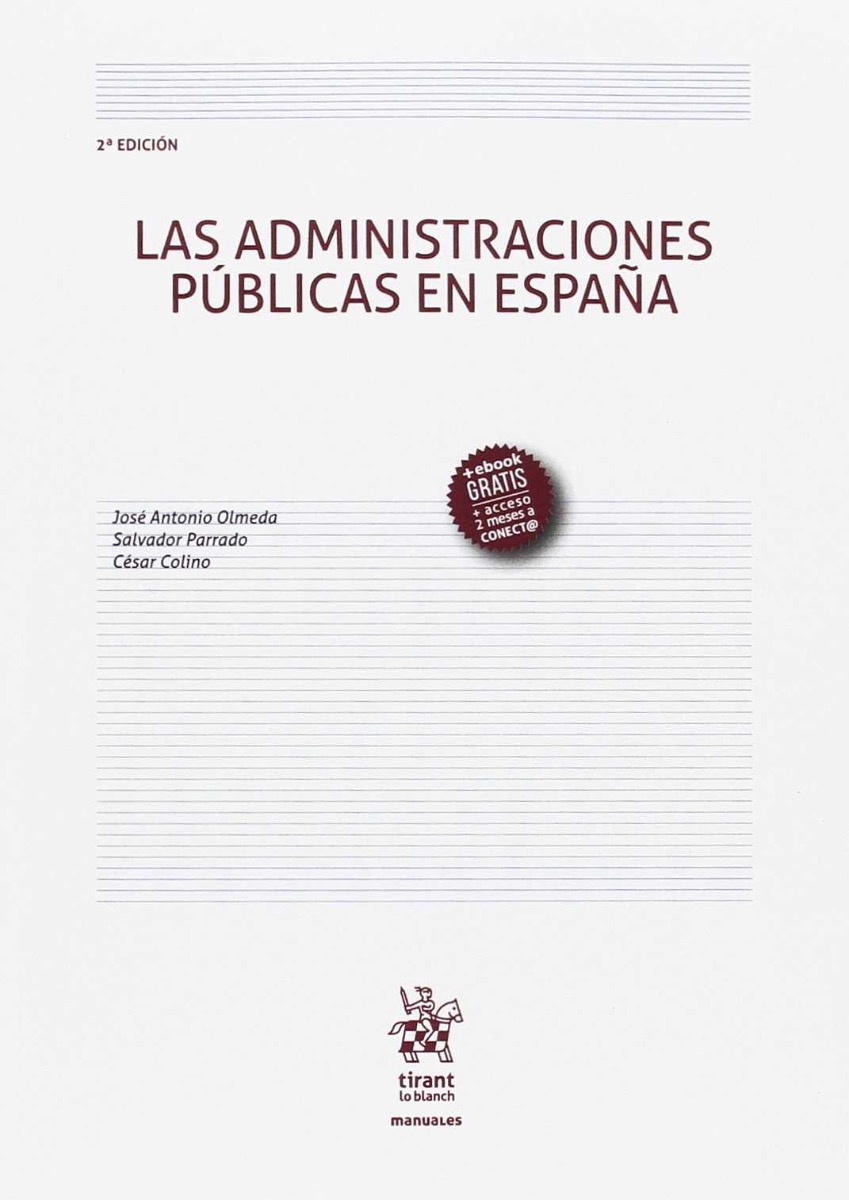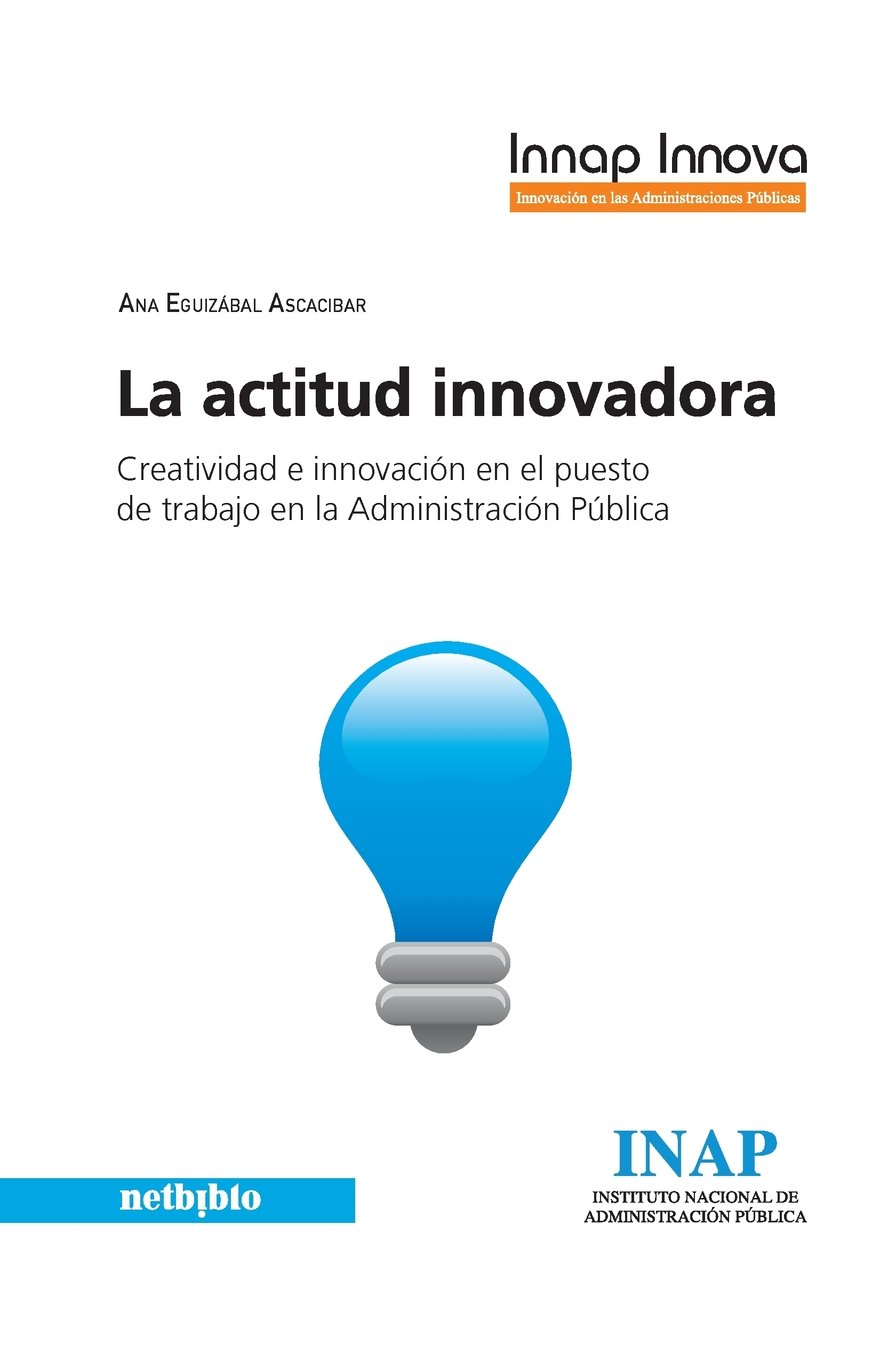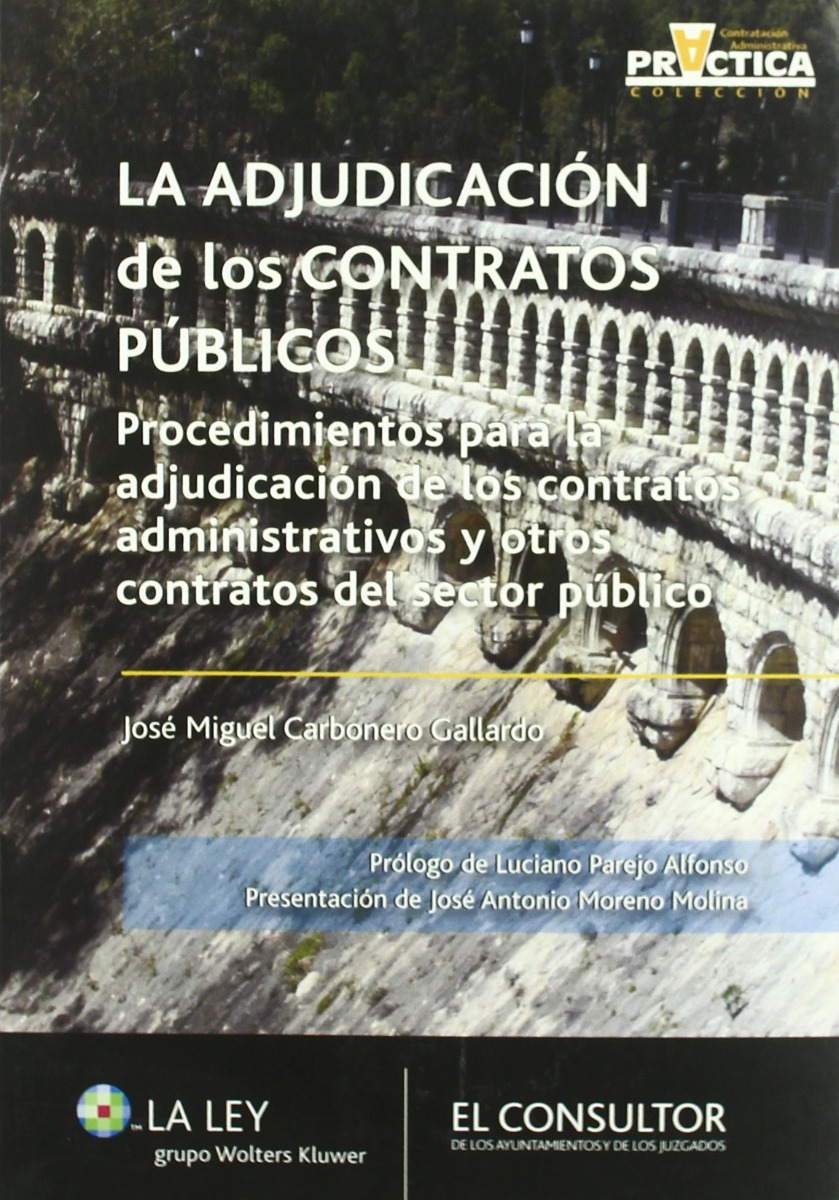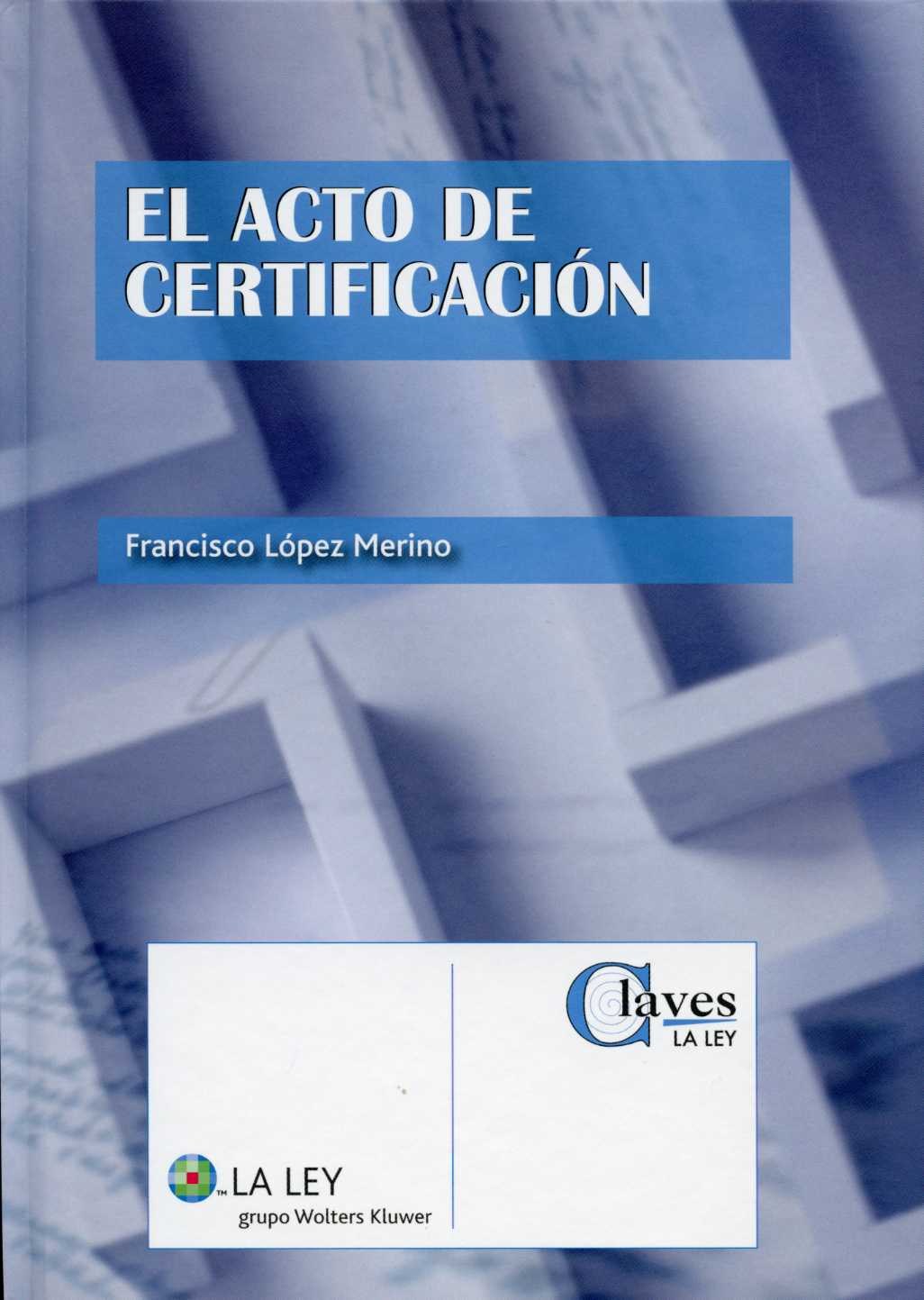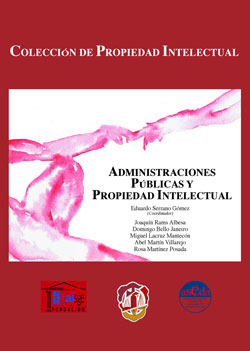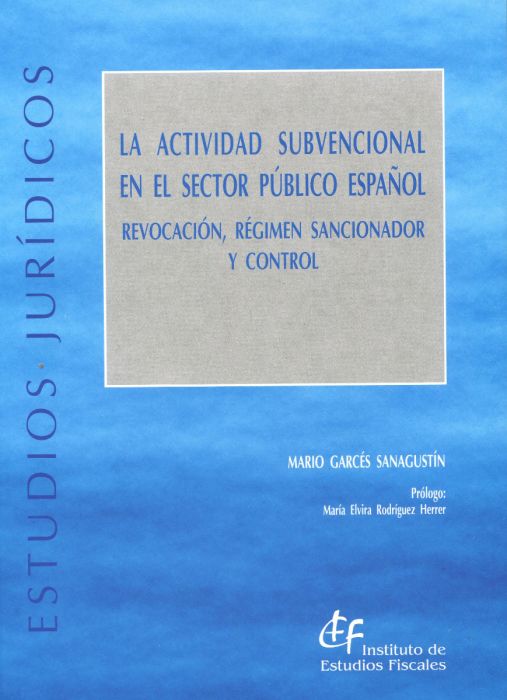La ecotoxicología surge por la evolución de la toxicología hacia el estudio del entorno en el transcurso del desarrollo industrial. Pretende ser una aportación más al estudio del medio ambiente, dentro de la creciente demanda de bibliografía sobre contaminación, toxicología, polutantes, biocidas, etc.
Recomendado como libro de texto en distintas universidades españolas y latinoamericanas, esta 2ª edición revisa el texto y aspecto de la obra para adaptarse a los nuevos tiempos.
En el pasado, la sociedad humana obtenía los recursos de la Tierra de forma sostenible, pero por las altas concentraciones poblacionales comenzaron a aparecer distintos tipos de contaminación del agua, a causa de las aglomeraciones urbanas y la consiguiente actividad humana.
La revolución industrial del siglo XIX alteró el equilibrio entre el ser humano y la naturaleza, surgiendo la contaminación y la degradación medioambiental. Este desequilibrio llegó a su límite cuando la contaminación ocupó la extensión geográfica de todo el planeta.
PART A: INTRODUCTION & MEASUREMENT
1 Introduction
2 How to Think and Do Macroeconomics
3 A Brief Overview of the Economic History and the Rise of Capitalism
4 The System of National Income and Product Accounts
5 Labour Market Concepts and Measurement
6 Sectoral Accounting and the Flow of Funds
7 Methods, Tools and Techniques
8 Framing and Language in Macroeconomics
PART B: CURRENCY, MONEY & BANKING
9 Introduction to Sovereign Currency: The Government and its Money
10 Money and Banking
PART C: NATIONAL INCOME, OUTPUT AND EMPLOYMENT DETERMINATION
11 The Classical System
12 Mr Keynes and the ‘Classics’
13 The Theory of Effective Demand
14 The Macroeconomic Demand for Labour
15 The Aggregate Expenditure Model
16 Aggregate Supply
PART D UNEMPLOYMENT AND INFLATION: THEORY AND POLICY
17 Unemployment and Inflation
18 The Phillips Curve and Beyond
19 Full Employment Policy
PART E ECONOMIC POLICY IN AN OPEN ECONOMY
20 Introduction to Monetary and Fiscal Policy Operations
21 Fiscal Policy in Sovereign Nations
22 Fiscal Space and Fiscal Sustainability
23 Monetary Policy in Sovereign Nations
24 Policy in an Open Economy: Exchange Rates, Balance of Payments and Competitiveness
PART F ECONOMIC INSTABILITY
25 The Role of Investment in Profit Generation
26 Stabilising the Unstable Economy
PART G HISTORY OF MACROECONOMIC THOUGHT
27 Overview of the History of Economic Thought
28 The IS-LM Framework.- 29 Modern Schools of Economic Thought
30 The New Monetary Consensus in Macroeconomics
PART H CONTEMPORARY DEBATES
31 Recent Policy Debates
32 Macroeconomics in the Light of the Global Financial Crisis
33 Macroeconomics for the Future.
William Mitchell is a Professor of Economics at the University of Newcastle, Australia
L. Randall Wray is a Senior Scholar at the Levy Economics Institute of Bard College, USA
Martin Watts is a Professor of Economics at the University of Newcastle, Australia

